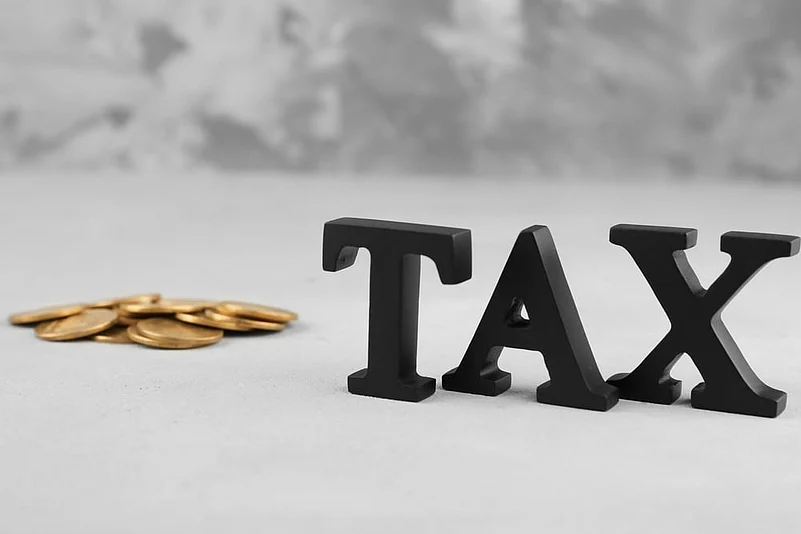Tamil Nadu State Minister, Palanivel Thiaga Rajan while making his maiden speech at the 43rd Goods and Services Tax council meeting through the video conference facility called upon the GST council to make arrangements to fully compensate the states for the gap arising between the protected revenue and actual expected revenue.
“The promise of Goods and Services Tax was manifold, but remains mostly unrealised,” said Rajan, adding that the promises of gains in tax buoyancy, a boost to GDP growth rates and formalisation of the economy, have failed to materialise
“We do not expect any more than a marginal growth at the best and a significant negative growth at the worst,” the State Finance Minister said.
Unequal access to technology has enlarged the gap between large organisations and micro, small and medium enterprises (MSME), he said.
The 'gulf' between promised benefits and realisation, along with the full realisation of the fears of negative consequences of GST can largely be attributed to two causes -- structural design and execution problems and relationship issues between the governments of the Union and the states, he said.
He believes GST’s structural design needs to be ‘re-thought and strengthened’. “ It must have more continuous, efficient and inclusive pathways towards the final step of approval by the council.”
“The current process of bringing every single issue to the GST Council -- a body with tens of members with varying comfort in different languages and extent of domain knowledge, which meets once every three months, without prior discussion or attempts at consensus -- is profoundly debilitating,” he said.
Noting the Centre and State governments’ priority, he suggested that a temporary period zero rate of Goods and Services Tax should be levied on Covid-19 vaccines, Remdesivir and Tocilizumab.
Finance Minister Nirmala Sitharaman and state ministers, on Friday, decided to come out with an amnesty scheme to provide relief to taxpayers in late fees for pending returns.
The tax experts feel the scheme will give relief to small businesses and add to the government revenue.
The late fee for non-furnishing of GSTR-3B for July 2017 to April 2021 has been capped at Rs 500 per return for those taxpayers who did not have any tax liability. For those with tax liability, a maximum of Rs 1,000 per return late fees will be charged, provided such returns are filed by August 31, 2021.
EY Tax Partner Abhishek Jain said, “It can be said that the Council has duly considered the interest of the small industry players and provided them with requisite reliefs, especially since these businesses were most impacted due to the pandemic”.
AMRG & Associates Senior Partner Rajat Mohan said this is a substantial relief in payment of late fees for non-filers of GSTR-3B.
Deloitte India Senior Director M S Mani said there is a need to extend the same to other businesses that may not have fulfilled their obligations due to the pandemic.
Tax Connect Advisory Services LLP Partner Vivek Jalan said that filing GSTR 9 (annual return) is the last opportunity a taxpayer gets to rectify any mistakes done during the financial year and should be prepared with great care. The GST department may issue notices in case any inconsistency is detected by its Data Analytics Wing in the GSTR 9.













